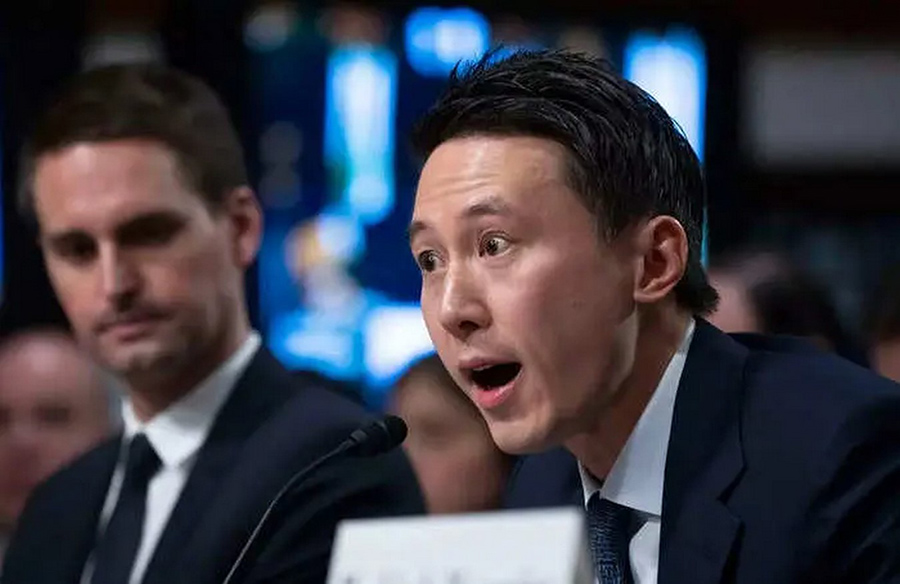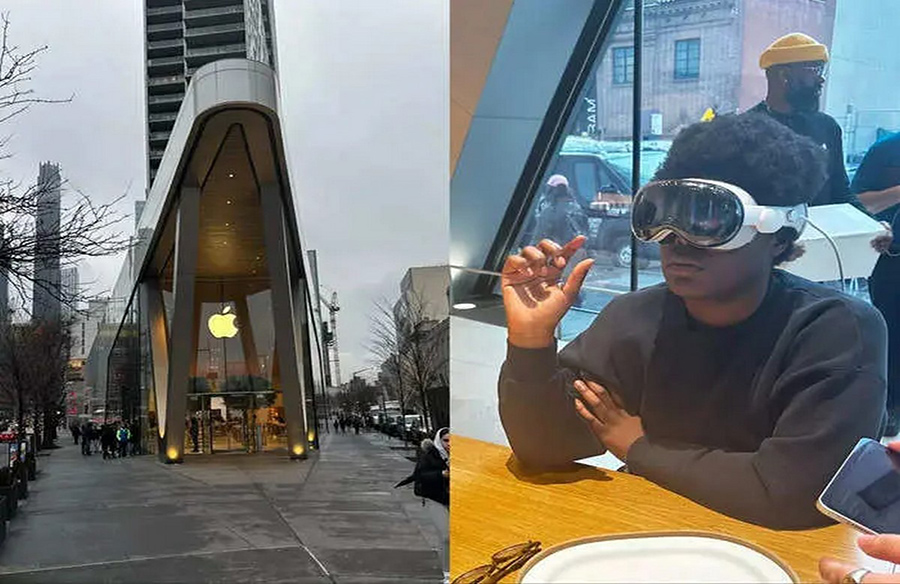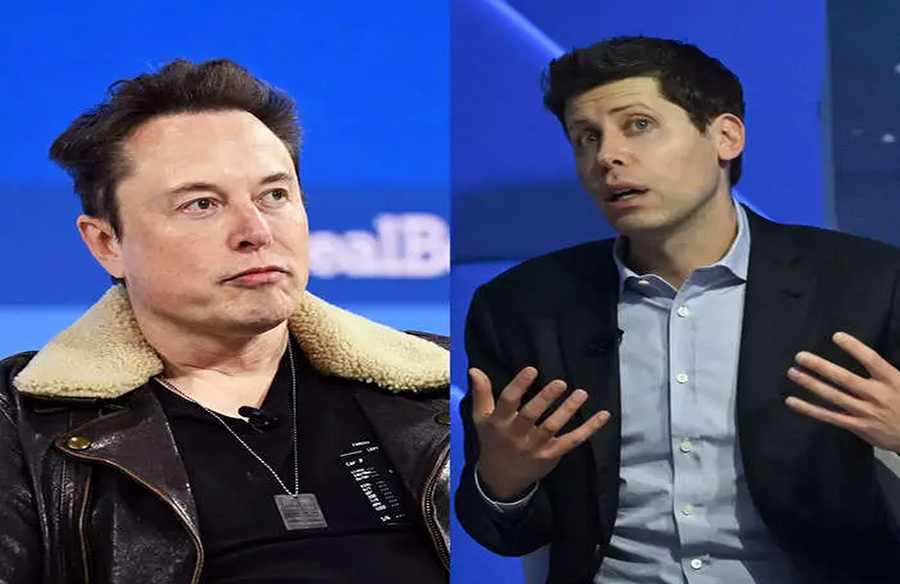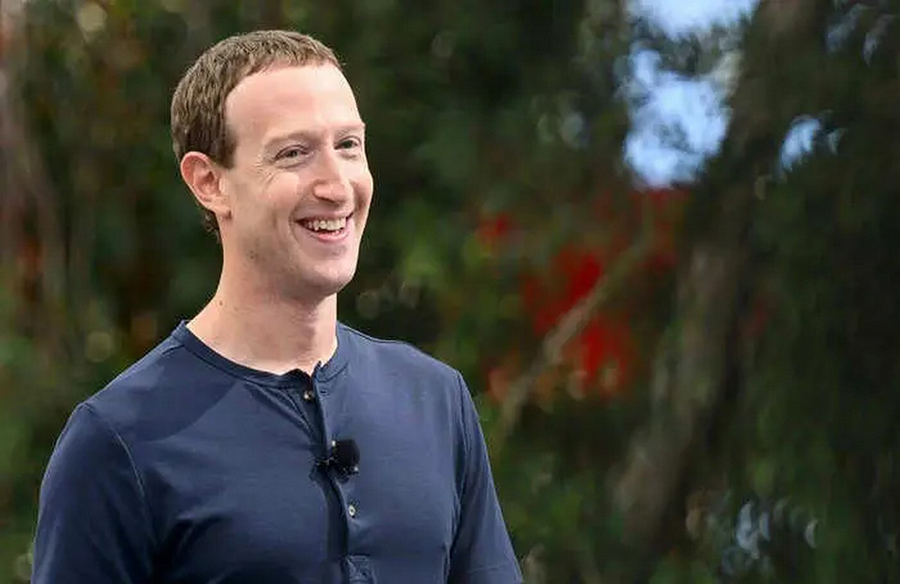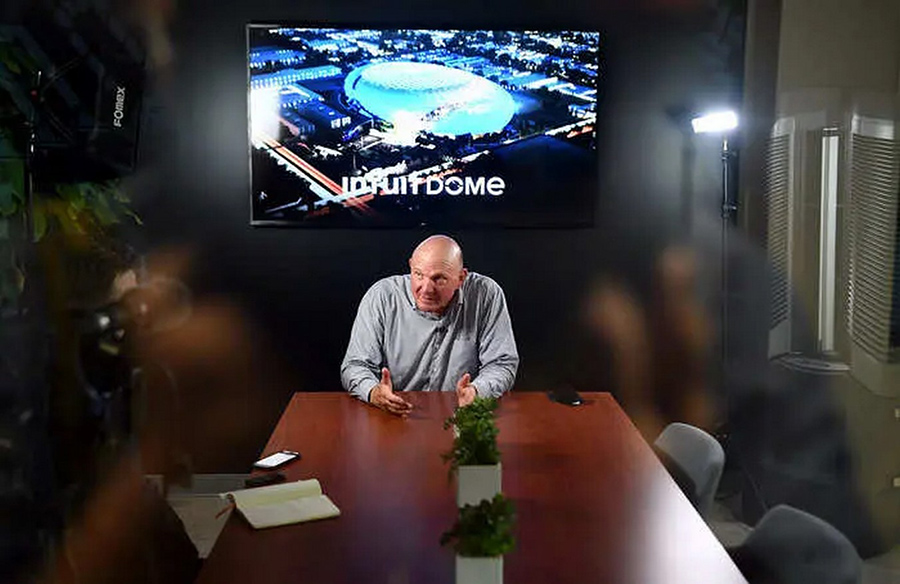During a contentious congressional hearing focused on online safety for children, Senator Tom Cotton repeatedly questioned the nationality of TikTok’s CEO, Shou Zi Chew, despite his repeated assertions that he is Singaporean, not Chinese. Chew found himself at the center of Cotton’s interrogation, facing inquiries about his citizenship status, past affiliations, and potential ties to the Chinese Communist Party. Despite Chew’s insistence on his Singaporean nationality, Cotton persisted with his line of questioning, prompting a tense exchange between the two.
Congressional Inquiry and CEO’s Response
Senator Cotton’s persistent questioning of Chew during the Senate Judiciary Committee hearing underscored lawmakers’ concerns about TikTok’s parent company, ByteDance, and its perceived connections to the Chinese government. Chew’s repeated attempts to clarify his nationality did little to dissuade Cotton, who continued to press him on his background and potential affiliations. The exchange highlighted the heightened scrutiny facing tech executives, particularly those associated with Chinese-owned companies, in the current political climate.
Political Backlash and Public Perception
The grilling of Chew and other social media CEOs reflects broader concerns about online safety and national security, particularly in light of allegations of Chinese government influence and data privacy issues. While Chew and ByteDance have faced scrutiny from lawmakers, some critics argue that such interrogations contribute to anti-Asian rhetoric and unfairly target individuals based on their nationality or ancestry. The incident underscores the challenges facing Asian Americans and individuals of Asian descent amid heightened geopolitical tensions and xenophobic sentiments.
Industry Implications and Regulatory Oversight
The congressional hearings serve as a backdrop for ongoing debates surrounding tech regulation and corporate accountability. As policymakers seek to address concerns related to online safety and national security, companies like TikTok and ByteDance face increasing pressure to demonstrate transparency and compliance with regulatory requirements. The outcome of these hearings may have significant implications for the tech industry, shaping future legislation and regulatory frameworks governing online platforms and data privacy.
In conclusion, Senator Tom Cotton’s persistent questioning of TikTok CEO Shou Zi Chew during a congressional hearing highlights the complex interplay between national security concerns, corporate accountability, and anti-Asian rhetoric. While lawmakers continue to scrutinize tech companies’ operations and affiliations, it is essential to ensure that such inquiries do not contribute to discrimination or bias against individuals based on their nationality or ethnicity. As the debate over online safety and regulatory oversight continues, stakeholders must strike a balance between protecting national interests and upholding principles of fairness and inclusivity in the tech industry.
